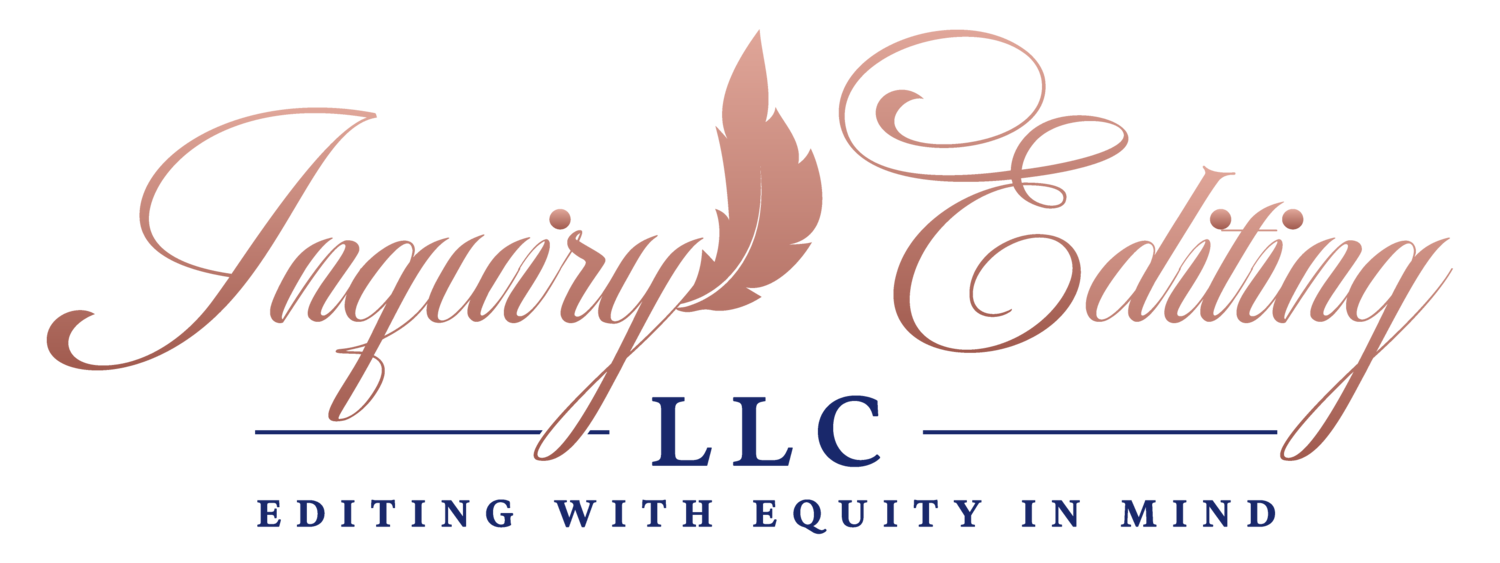Writing Emotions 4: Befuddlement
befuddlement (noun) – intoxication; confusion; stupefaction
Why didn’t I just say “confusion”?
Oh, darling!
Haven’t we met?
Real talk. Befuddlement carries with it the valence of intoxication, which suggests that the emotion is a fusion of both confusion and intoxication, a mélange of exhilaration, loss of self-control, and perplexity. In the words of Ron from Harry Potter and the Prisoner of Azkaban: “You’re going to suffer, but you’ll be happy about it.”
Writing something complex requires you to be befuddled. We tend to explain this – especially when writing biography or fiction – as a communion with the people or characters. Alice Walker famously calls herself a medium in the acknowledgements of The Color Purple when she thanks everybody for showing up. Alexis De Veaux says that Audre Lorde showed up when De Veaux wrote Warrior Poet, Lorde’s biography.
The thought process is that as a writer you give yourself over to the subject matter (ahem, lose control) and are excited and slightly perplexed about what transpires. Poets often animate poems in this way: “the poem wanted to be a sonnet” or “the poem just didn’t want to be in couplets” or “the poem kept spitting out this image.”
When I write non-fiction, I feel befuddled just before I untangle a particular problem. Usually, I have examined a scene or an image and I’ve just begun to pull at the thread that unravels it (exhilaration), then I just follow the thread (loss of control) wherever it leads (confusion).
As you might surmise, I consider this an overall net positive. I find it puts me back in touch with the intellectual and personal fulfillment of writing itself, the desire for why I write which is to communicate. Because this feeling (for me) often occurs when I am on the verge of something, I often overlook it. I skip from irritable confusion to delight, forgetting to revel in the befuddlement that propels me from one to the other.
When I teach, my students often try to reduce history and literature to very threadbare and sometimes trite observations. They get frustrated with me because I am trying to get them to a place of useful confusion. As soon as they think they understand the slave narrative, I hit them with Elizabeth Keckley (Mary Todd Lincoln’s seamstress) who defends Mary Todd Lincoln and has a tepid view of slavery. As soon as they believe they understand the Harlem Renaissance, I introduce them to George Schuyler who writes in “The Negro Art Hokum” that there is no such thing as “Black art.” When they think they understand anything at all, I make them read Octavia E. Butler.
Some of them truly dislike my class for this, complaining that I cannot make up my mind or (my favorite) that I am disorganized. I ask them to consider nuance and refuse simplicity because I want them to be befuddled.
They, like me, like you, are capable of thinking about difficult concepts. Black literature is filled with difficult concepts. Befuddlement is a useful emotional tool with which to wade through the difficulty. If you are not wary of confusion, then you can articulate it without shame, without guilt. Like anger, it can teach you something. Like joy, you can abide in it. If you allow for the complexity of your own subject matter to surprise you, to enchant you, then you are back in the beautiful space of learning.
Some thinkers hold people and concepts at a distance, voice cynicism, or pretend that they are bored with the enterprise of learning. I find myself feeling sorry for those folks. I admit I have never been too cool for school. Befuddlement is my gateway to amazement and wonder and the thrill of getting to a new intellectual place.
Come with me and you'll be in a world of pure imagination
Take a look and you'll see into your imagination
We'll begin with a spin, traveling in the world of my creation
What we'll see will defy explanation
